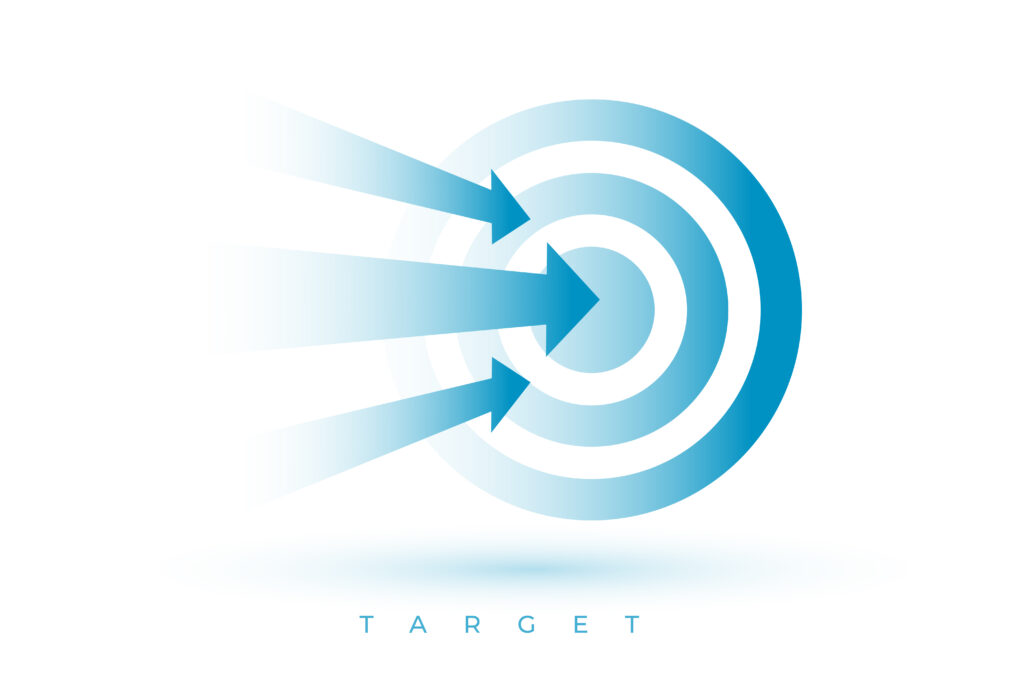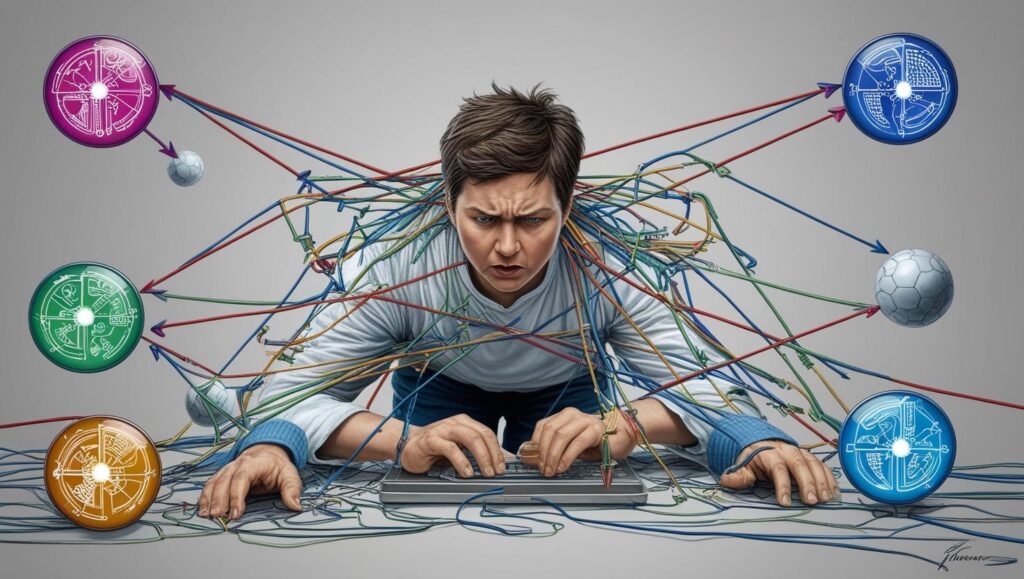Introduction
Multitasking sounds like a great skill — doing many things at once and saving time. But in reality, multitasking is a myth. It doesn’t help you get more done. In fact, it can hurt your productivity, focus, and even your mental health.
Your brain isn’t wired to handle multiple tasks with full attention. Every time you switch between activities, your brain needs time to refocus—this creates mental fatigue and reduces efficiency. Over time, this constant switching lowers the quality of your work and increases stress.
If you want to work better and smarter, it’s time to stop doing multiple things at the same time and learn how to focus on one thing at a time. When your mind is fully present, your work becomes faster, deeper, and far more meaningful.
🚫 The Multitasking Myth
Many people believe multitasking helps them be more productive. But science says otherwise. When you try to do two or more tasks at once, your brain isn’t doing them together — it’s constantly switching between tasks.
This switching wastes time and drains your energy. Studies show that multitasking can:
- Lower your productivity by up to 40%
- Increase mistakes
- Make it harder to concentrate
- Add stress and mental fatigue
That’s why multitasking is not a productivity hack — it’s a productivity trap that drains focus, energy, and efficiency.
🧠 Why You Should Stop Multitasking
Doing multiple tasks might seem like a smart way to get more done, but it actually does the opposite. When you try to do too many things at once, your brain can’t give full attention to any of them. You make more mistakes, take longer to finish tasks, and feel more stressed.
Studies show that working on different tasks at same time lowers your productivity and reduces the quality of your work. You switch back and forth between tasks, and every time you do, your brain needs time to refocus. That delay adds up and wastes energy.
Instead of multitasking, try single-tasking—focusing on one thing at a time. You’ll finish faster, do better work, and feel more in control. It’s a simple change that can improve your focus, reduce anxiety, and help you achieve better results.
In a world full of distractions, focus is a superpower. So stop multitasking, and start giving your full attention to what truly matters.
✅ What to Do Instead: Focus on One Task at a Time
If you want better results, try single-tasking. This means focusing fully on just one task until it’s done or until your time for it runs out.
Here’s how to improve focus and avoid multitasking:
- Choose your main task
Ask yourself: What’s the most important thing I need to do right now? - Use the Pomodoro technique
Set a timer for 25 minutes. Work with full focus, then take a 5-minute break. - Block distractions
Turn off notifications. Close extra tabs. Use tools like “Focus Mode” or website blockers. - Take regular short breaks
After 3–4 focus sessions, take a longer break (15–30 mins). It helps your brain reset.

🚀 The Power of Deep Work and 10X Focus
In today’s noisy world, focus is rare—and powerful. Deep work means working with full attention, no distractions. When you enter this state, you can learn faster, solve harder problems, and create better results in less time.
This kind of intense focus is what top performers use to achieve 10X results—that means doing 10 times more than average. It’s not about working more hours. It’s about working smarter, with complete focus.
To get into deep work, turn off notifications, set clear goals, and give yourself blocks of quiet time. Even just 1–2 hours of deep work a day can lead to massive growth in your career, business, or learning.
In short, deep focus beats shallow hustle. If you want to stand out, stop multitasking. Start focusing deeply—and watch your progress 10X.

💡 Final Thoughts
Multitasking is not the way to success. It may feel productive, but in reality, it divides your attention, slows you down, and weakens the quality of your work. Trying to do everything at once often leads to mistakes, frustration, and mental exhaustion.
If you truly want to improve your productivity, reduce daily stress, and see meaningful progress, the key is simple: focus on one task at a time. Deep focus leads to better results and less burnout.
Start today. Choose one task that matters. Give it your full attention—no distractions, no switching. Then do it again tomorrow. Over time, this focus-first habit becomes a powerful system for getting more done with less mental strain. Small steps, repeated daily, create real momentum. That’s how you build discipline, clarity, and success—one focused action at a time.
- American Psychological Association on multitasking:https://www.apa.org/news/press/releases/2001/06/multitasking
- University of Utah Study – Why multitasking lowers performance: https://unews.utah.edu/multitasking-study-shows-that-people-are-worse-than-they-think/
